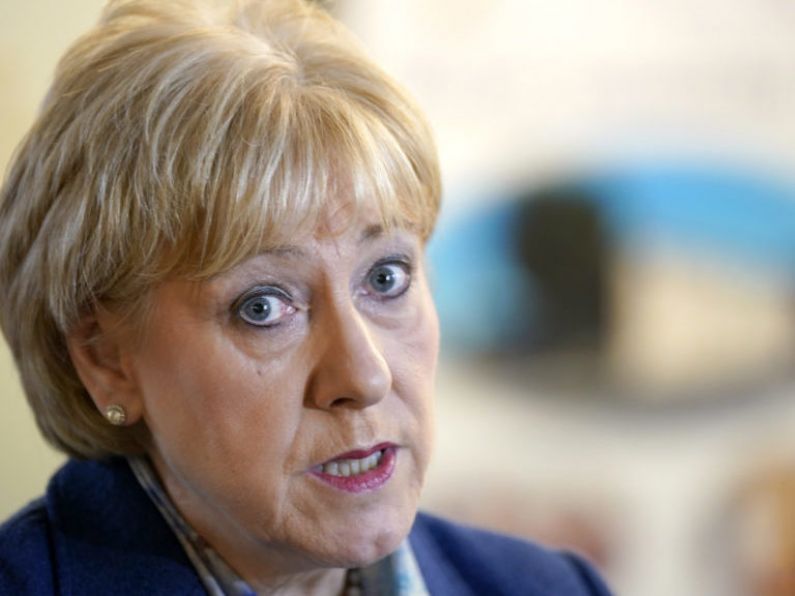Huw Jones
Brexit will cost Britain up to 12,000 financial services jobs in the short-term, the City of London financial district’s leader said, and many more jobs might disappear in the longer term.
At the lower end of the scale, 3,500 jobs could be lost to EU states, Catherine McGuinness told parliament’s Exiting the European Union Committee. More than 2 million people work in financial services across Britain, with 396,000 in London.

“We are not expecting a big Brexodus in the first instance. But depending on how things pan out... in the longer term, we may see many more go,” Ms McGuinness told lawmakers.
Banks, insurers, and asset managers in Britain are opening hubs in the EU before Britain’s departure from the EU in March to ensure continuity in services to customers there.
So far, there have been 1,600 confirmed job moves, a City of London spokeswoman said separately.
The city was disappointed that Britain’s government ditched its preferred option of future EU trade based on mutual recognition, whereby Britain and the EU accept each other’s rules under two-way regulatory co-operation.
“We had expected continued support for mutual recognition,” Ms McGuinness said.
Instead, Britain has asked for financial-services access based on a more accommodative version of the EU’s equivalence system, used by Japan and the US, whereby Brussels alone decides who gets access.
The EU had already dismissed mutual recognition and has said it won’t adapt its equivalence system in the way Britain wants.
“We can all see it’s going to be an uphill task to persuade the EU27,” Ms McGuinness said.
Huw Evans, director general of the Association of British Insurers, said that opting for some form of equivalence posed a risk that Britain would end up becoming a “rule taker” — having to continue copying EU rules in return for access after Brexit.
“You are asking the EU to partner with you in a way to make equivalence work in future. Equivalence... is something the EU considers proprietary,” Mr Evans said. “It’s quite a big psychological ask.”
There was plenty of opportunity for “mischief-making” by EU states topping up equivalence with national rules, Mr Evans said.
The lawmakers also quizzed the broadcasting and tech sectors about Britain’s white paper proposals for future EU trade.
Reuters






